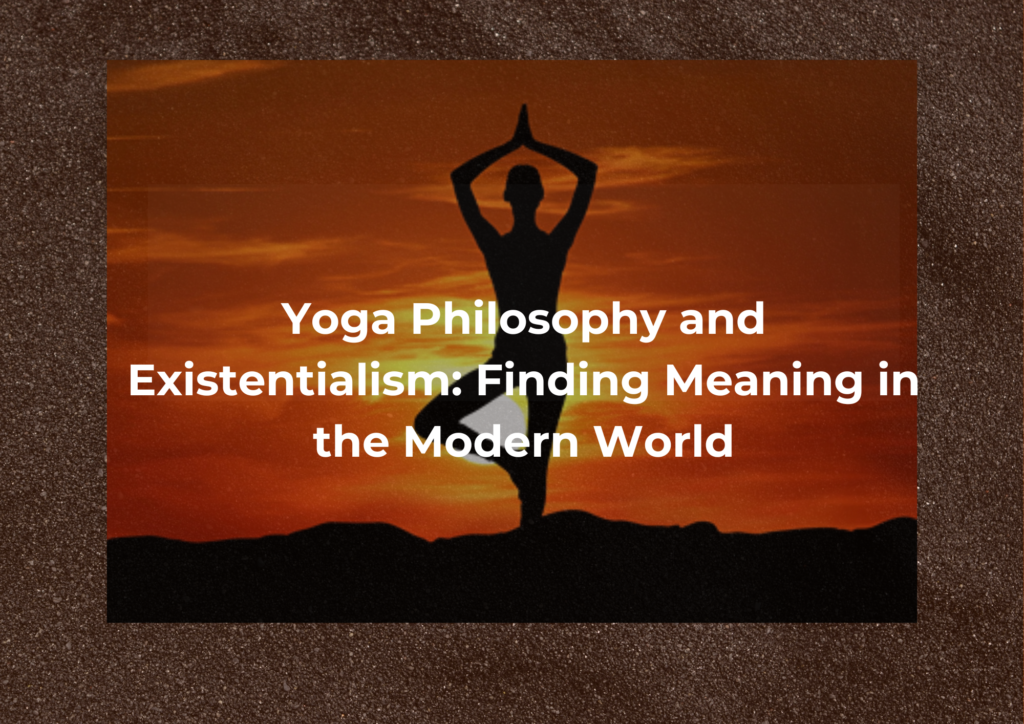
Existentialism, a philosophical approach, emphasizes individual responsibility and the creation of personal meaning in life. It posits that individuals are responsible for their own lives and that they must create their own meaning in the world. In this sense, existentialism can offer insight into modern society by reminding us that we have the power to shape our own lives and that we must take responsibility for our own actions and choices.
In our daily lives, we often get caught up in the hustle and bustle, consumed by our problems and the world’s issues. Yet, we rarely pause to consider the ultimate futility of our endeavors. We navigate through our lives, attending business meetings, studying for hours on end, slaving away for a paycheck, maybe trying to change the world a little. However, the reality is that we’re just bundles of flesh and bones, hurtling through the universe on a tiny rock, stressing over our insignificant problems.
The philosophy of yoga clearly states that mind, body, and spirit are one and inseparable. It is similar to the philosophy of Buddhism, as it states that the cause of all suffering is spiritual ignorance. All that binds us to the cycle of rebirth or the wheel of Samsara is this ignorance. While many new practitioners believe that yoga is primarily about asana (postures), yoga philosophy contains Eight Limbs which are believed to lead the practitioner to moksha, which is liberation from suffering and the cycles of reincarnation and karma.
Existentialism, with its focus on individual responsibility and the search for meaning, shares common ground with yoga philosophy. Both highlight the importance of personal accountability and the pursuit of liberation from suffering. While existentialism encourages us to shape our own lives and take responsibility for our actions, yoga philosophy offers a holistic approach, aiming for liberation from the cycle of suffering. In a world filled with distractions and trivial pursuits, both existentialism and yoga philosophy offer valuable insights into the nature of existence and the quest for meaning.
In conclusion, existentialism and yoga philosophy provide complementary perspectives on the human condition. By recognizing our responsibility for shaping our lives and seeking liberation from suffering, we can navigate the complexities of existence with greater clarity and purpose. Both philosophies remind us of the importance of self-awareness, personal accountability, and the pursuit of meaning in our lives.
I’m participating in #BlogchatterA2Z
https://www.theblogchatter.com

No responses yet